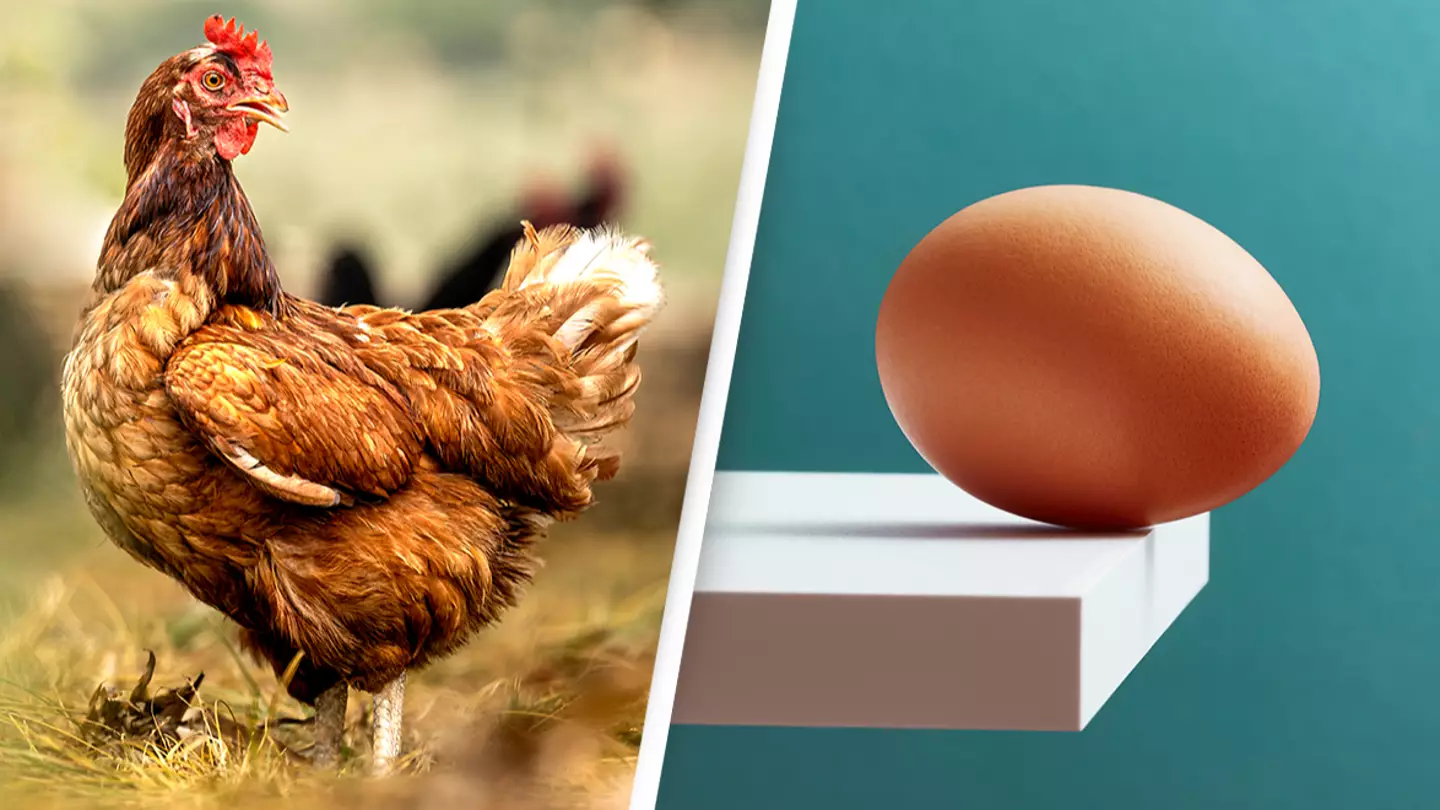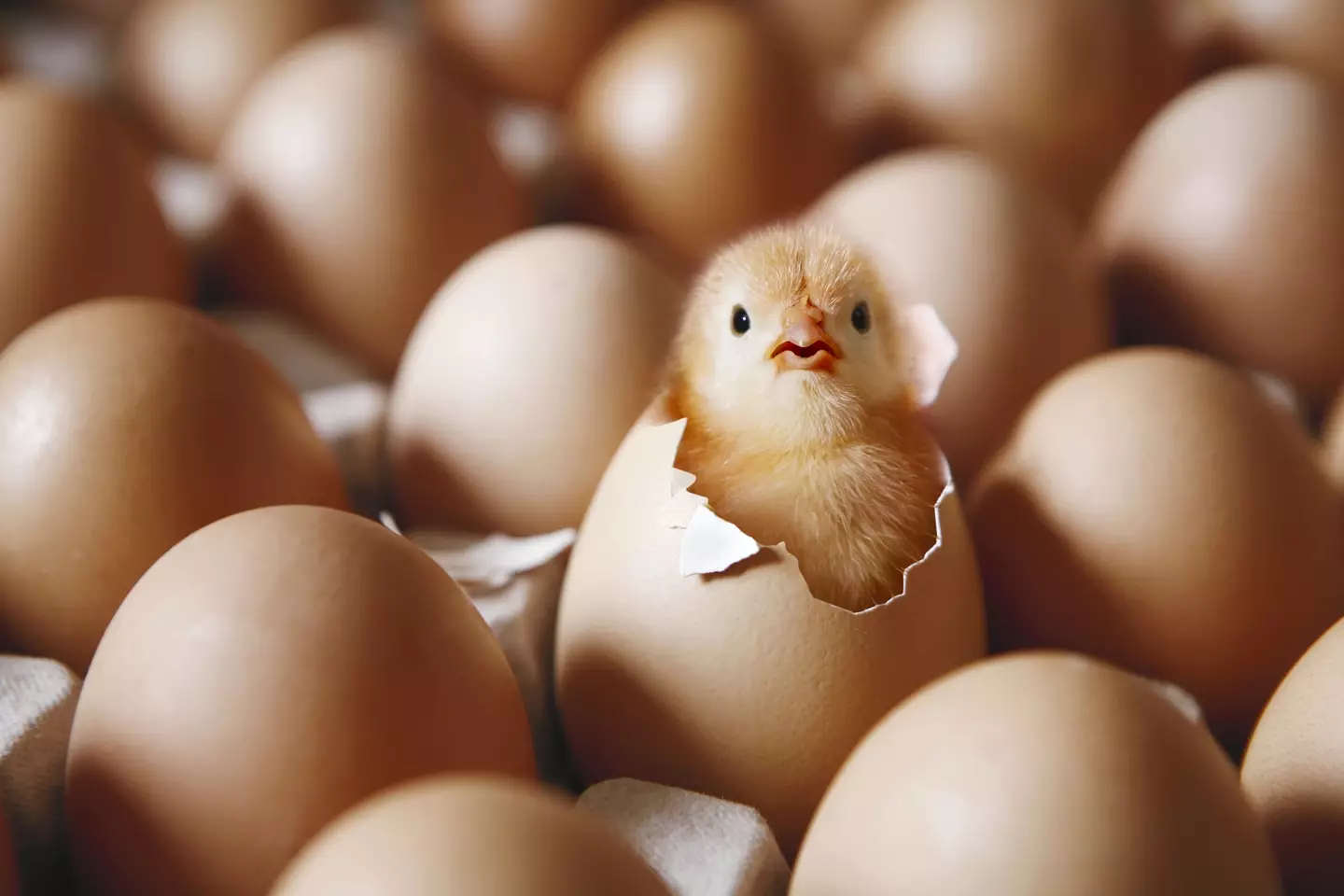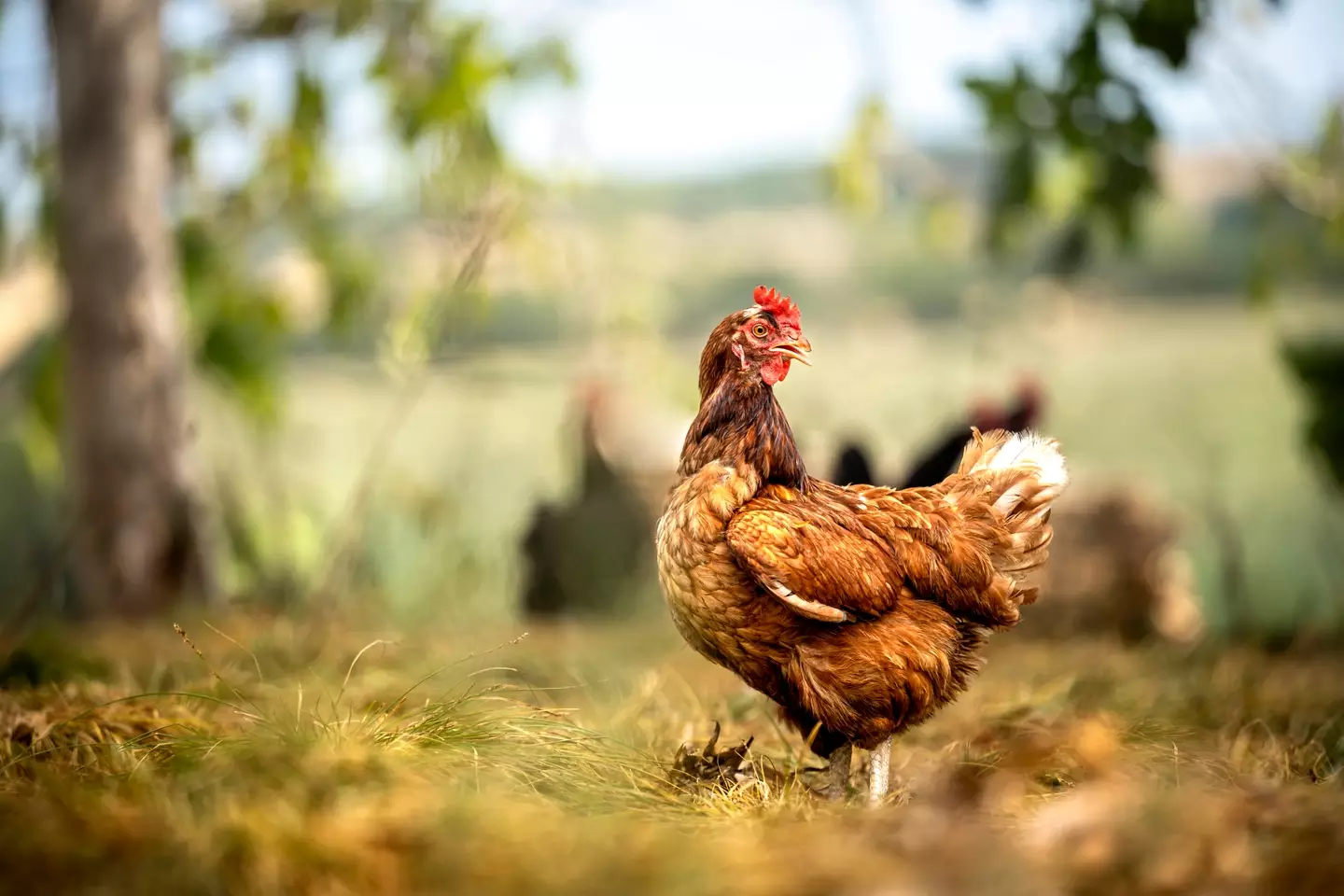
Was it the egg and then the chicken? Or the chicken and then the egg? Well, a group of scientists have suggested a new theory as to eggs-actly which came first.
Before we reached an age where we had so many other deliberations to worry about - taxes, electricity bills and what we're actually going to do with the rest of our lives - there was nothing better than the biggest questions on our minds being what we would have for dinner, when our next playdate was or what came first - the chicken or the egg.
So, a team at the UK's University of Bristol's School of Earth Sciences decided to find out once and for all.
Some argue the eggs came first - laid by dinosaur ancestors of the fluffy, squawky bird that funds establishments such as KFC. Others have argued a chicken popped out of nowhere and then proceeded to lay an egg.
And in a study, published in Nature Ecology & Evolution, a team of scientists decided to take 51 fossil species and 29 living species and split them into two categories for examination: oviparous (laying hard or soft shelled eggs) and viviparous (giving birth to live young - like us humans do).
Advert
The study found the early reptilian ancestors of chickens were viviparous - they gave birth to live animals and didn't lay eggs.
And while both the teams at Bristol and Nanjing University in China noted that animals laying hard-shelled eggs have been one of the greatest innovations, this research is particularly noteworthy.

The team explained the research implies extended embryo retention (when the mother retains their young before birthing) was the ultimate protection for this group of animals in particular - so basically, way back then, birthing a live chicken was safer than laying an egg.
Advert
And in far more science-y terms than that, Professor Michael Benton, from the University of Bristol, said: "Before the amniotes, the first tetrapods to evolve limbs from fishy fins were broadly amphibious in habits.
"They had to live in or near water to feed and breed, as in modern amphibians such as frogs and salamanders.
"When the amniotes came on the scene 320 million years ago, they were able to break away from the water by evolving waterproof skin and other ways to control water loss. But the amniotic egg was the key."

Advert
He added: "Our work, and that of many others in recent years, has consigned the classic 'reptile egg' model of the textbooks to the wastebasket."
And project leader Professor Baoyu Jiang said: "This standard view has been challenged. Biologists had noticed many lizards and snakes display flexible reproductive strategy across oviparity and viviparity.
"Sometimes, closely related species show both behaviors, and it turns out that live-bearing lizards can flip back to laying eggs much more easily than had been assumed."
So it seems the debate could be cracked after all - or at least chipped - with the scientists hatching a new theory it could be the chicken that came first.
Advert
So, what do you think?